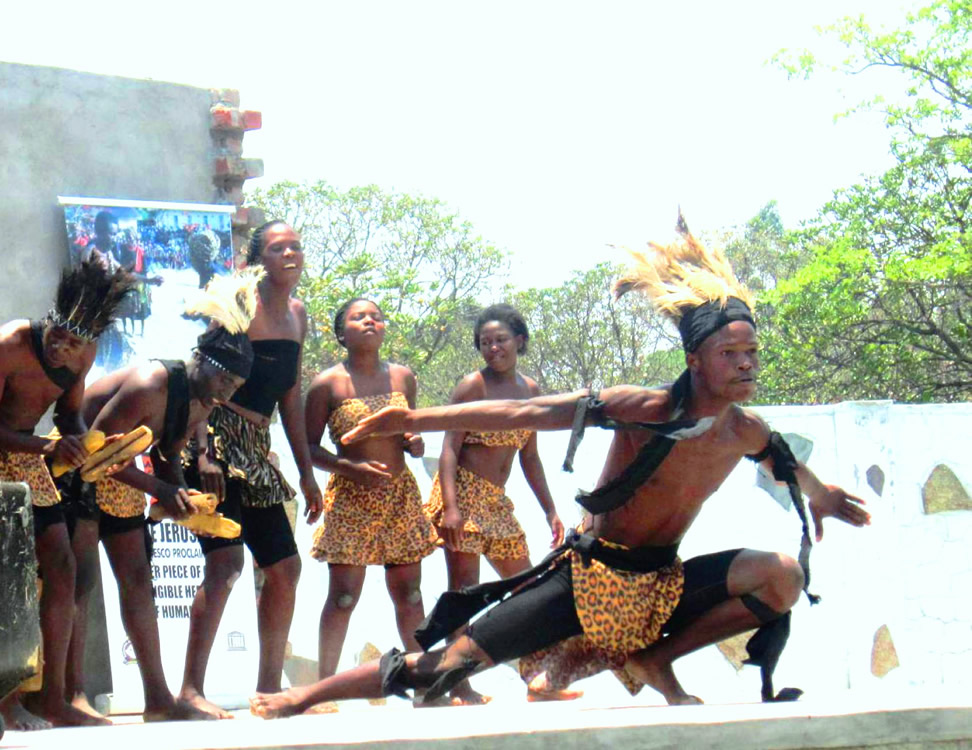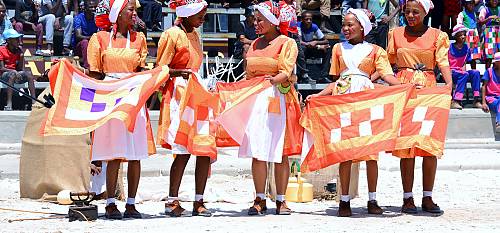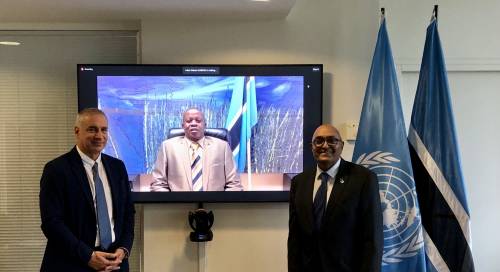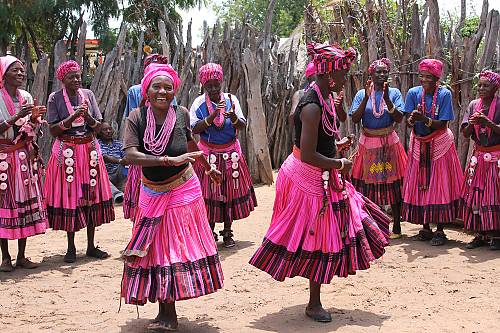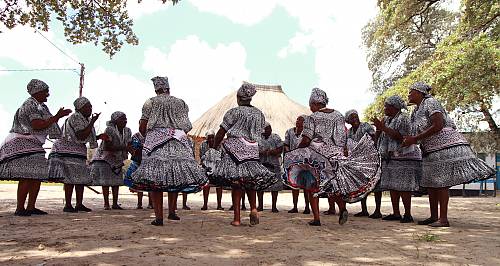For the first time, Southern African countries are joining hands to create the professional and institutional environment required for the effective safeguarding of intangible cultural heritage in their countries.
Since 2009, the countries have laid the groundwork for this commendable initiative, notably through the MDGF Culture and Development Programme in Namibia, and the pilot projects on community based inventorying (in Botswana, Lesotho, Malawi, Swaziland, Zambia and Uganda) and national capacity building exercise (Botswana, Malawi, Zambia and Zimbabwe), both funded through the Flanders/UNESCO Funds in Trust cooperation agreement. Furthermore, Namibia recently benefitted from the training-of-trainers’ workshop on the implementation of the 2003 Convention, organized by UNESCO Windhoek Office from 8 to 19 April 2003 in Waterberg.
Building on the results of such projects and activities, ICH experts and national officials from the southern African countries (Botswana, Lesotho, Namibia, Malawi, Mozambique, Swaziland, Zambia and Zimbabwe) have gathered - from 30 April to 2 May 2013 in Harare, Zimbabwe - to discuss the basic components of the future capacity building strategy in southern Africa for safeguarding intangible cultural heritage at the sub-regional level.
The southern African countries intend to consolidate their ICH expertise in a network, which will be used to train a new generation of trainers in each of the country. The ultimate goal is to bring the capacity-building activities from the central to the local level, and thereby fully anchoring the 2003 Convention in the sub-region.
Meeting:
-
Sub-regional worskhop on ICH strategy and capacity building: focus on national training of trainers process (30 April 2013 – 2 May 2013)
